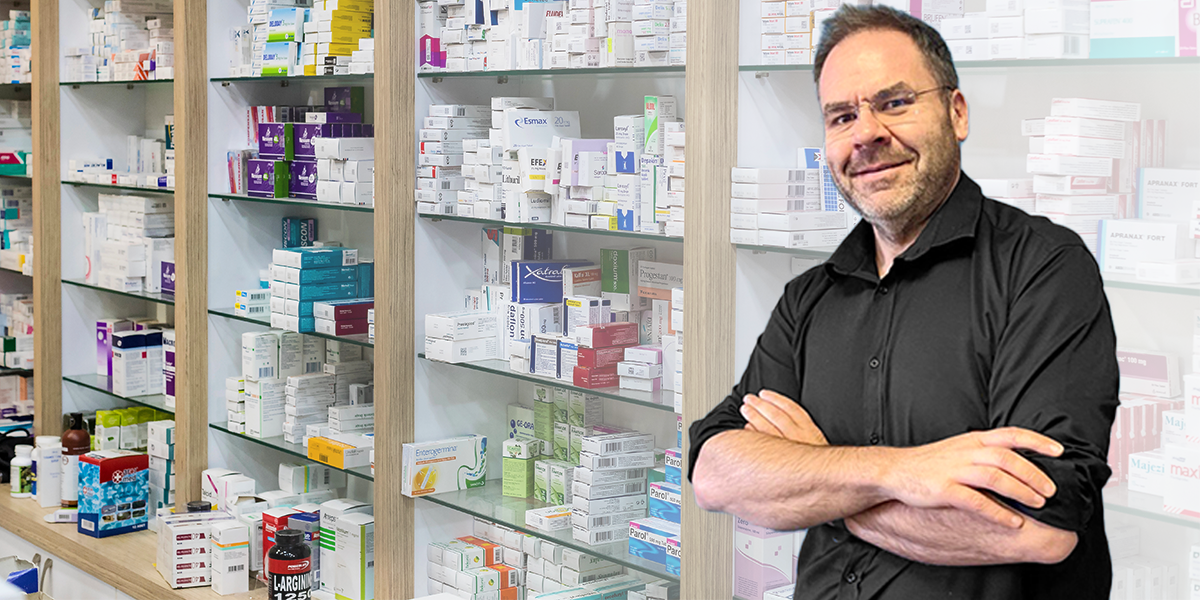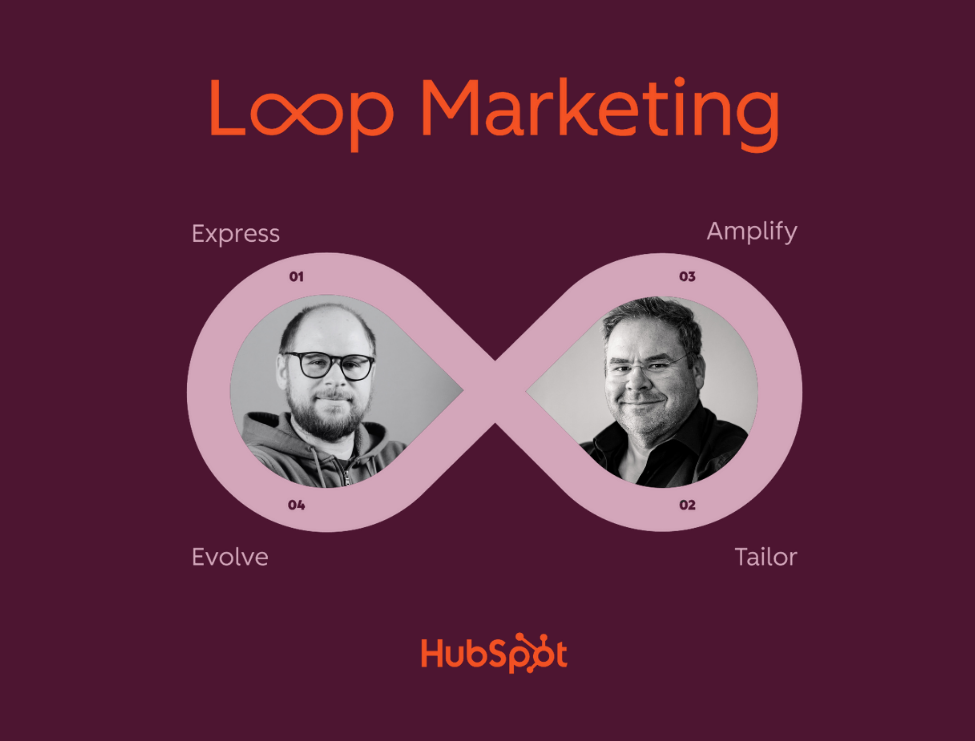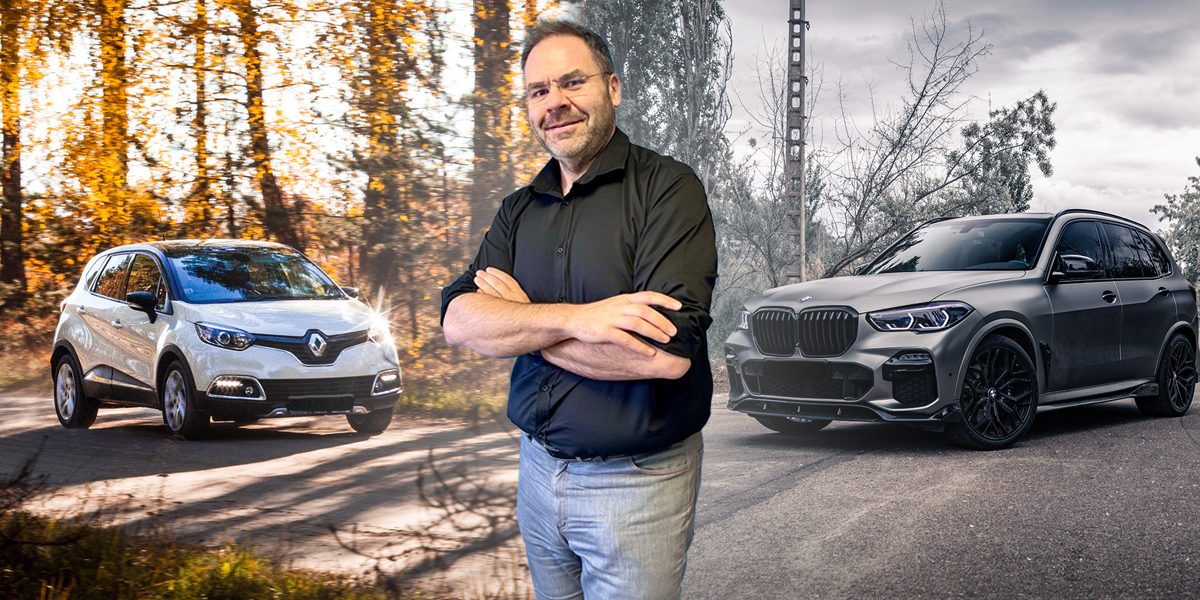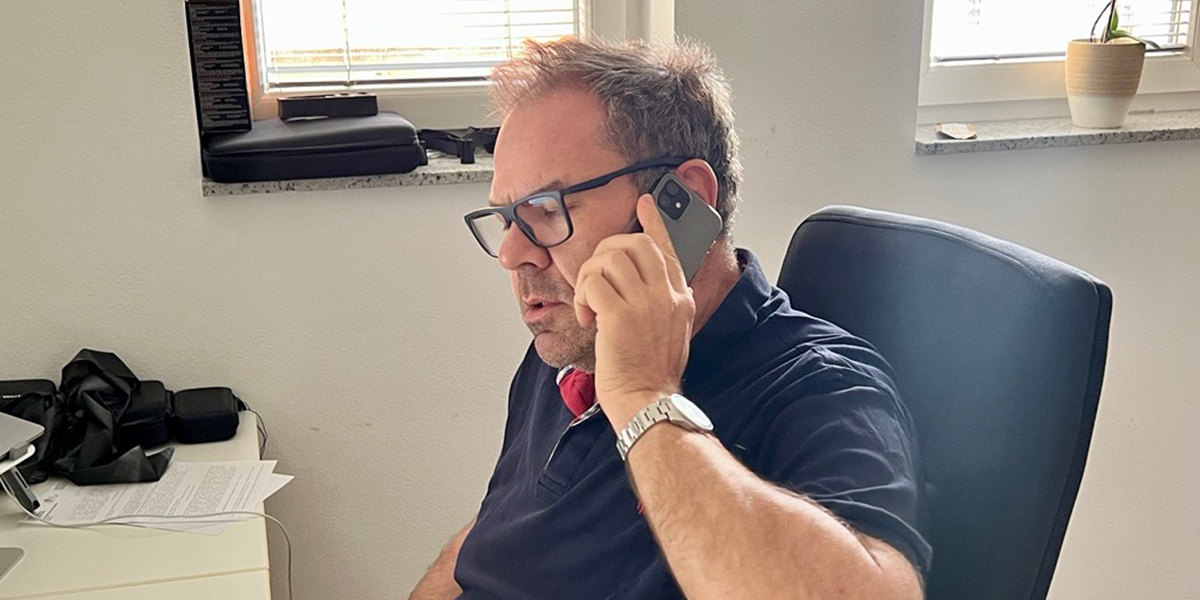How do you know business isn't the pharmacy's top priority?

Given how many people connected with my recent story about trying to arrange a rehab stay, I thought I'd share another healthcare experience.
This one's about my local pharmacy—and why I keep going back to the incredible women who treat me like a human being, not just another customer. When you're on medication that's sometimes hard to come by, it's a godsend when your pharmacist knows your usual dose and makes sure it's in stock before you even think to call ahead. The first time it happened, I was genuinely touched. It felt like someone actually gave a damn—not because they had to, but because they wanted to. Mad respect.
Two registers. One missed opportunity.
But here's what I can't figure out: this same pharmacy has two completely separate counters. One for prescriptions. One for everything else. As someone whose literal job is convincing companies to invest in seamless customer experiences, this drives me absolutely crazy. I wait twice. I pay twice. It's like calling customer service and having to repeat everything you already explained in your email.
A day in the life
I'm pushing fifty. My morning routine involves seven pills and—on Fridays—a protein shot. Some of it's for chronic stuff, some's preventive. At the pharmacy, I grab my prescriptions first, then pick up supplements and the occasional skincare product. Prescriptions on the right, vitamin D and B-complex on the left. There's usually no line—but that's beside the point. It's not the wait that bugs me. It's the wasted opportunity to create a better experience—and make some smarter sales. Maybe not while the woman ahead of me is agonizing over heel cream options. But definitely while I'm standing there with a splitting headache, wondering if I remembered to crack the car windows.
Cross-sell moments that'll never come back
Look, I get it. Two counters = faster service and more privacy. But here's what gets lost: the chance to actually sell intelligently. A 2023 McKinsey study showed that a third of impulse purchases fall through when customers have to switch contexts—like changing lines or apps.
If I were running the show...
- One counter, smart suggestions. I swipe my insurance card. The system spots logical matches for my prescription—probiotics, vitamins, whatever—and suggestions pop up on a screen facing me. There's a glowing "Add to Order" button, so I can add items before she's even back with my antibiotics. The upsell happens seamlessly—no second line, no hassle.
- Expert recommendations that don't feel like sales pitches. When she hands over my meds, she also gestures to the screen: "Heads up—antibiotics can mess with your gut. We usually recommend this probiotic. Take it in the morning with food." Suddenly it's not a sales pitch. It's professional advice. I'm way more likely to bite.
- QR codes for reminders and compliance. Every medication has dosing info in the national drug database. The system generates a QR code I can scan. A webpage opens where I can opt into text or push reminders with a couple taps. The system logs my consent and adds me to their CRM. No more chicken scratch on pill bottles. No more missed doses. Boomers might think it's too high-tech, but for most of us, it beats sticky notes and hoping we remember.
- Loyalty that actually makes sense. The app tracks whether I set up reminders and rewards me with points. Maybe even for steps from my fitness tracker or miles logged in Strava. We're rewarding healthy behavior, not just spending. And since I've already opted in, I get personalized offers and health tips. According to Forrester (2024), behavior-based loyalty programs generate twice the revenue growth of traditional punch cards.
Privacy? Yes. Inefficiency? Hard pass.
Privacy and shorter wait times are the only good reasons for separate counters. But privacy can be handled with a simple floor marker—just like banks do. And wait times? Two general-purpose counters would work just fine, even during rush periods. It's not like people hit the pharmacy as often as the grocery store. Honestly, I don't think I've ever waited longer at the pharmacy than I do at the supermarket checkout. You know what actually frustrates me? The guy ahead of me at the gas station buying scratch-offs when I'm already running late. Thank god for pay-at-the-pump.
Time to think bigger?
Maybe I'm just too wrapped up in my work—helping companies sell more and sell smarter. Maybe pharmacies haven't fully embraced being retail businesses yet, and they're not thinking about how to capture a few extra euros from patients who come in for their meds. But that's changing. Fast.


